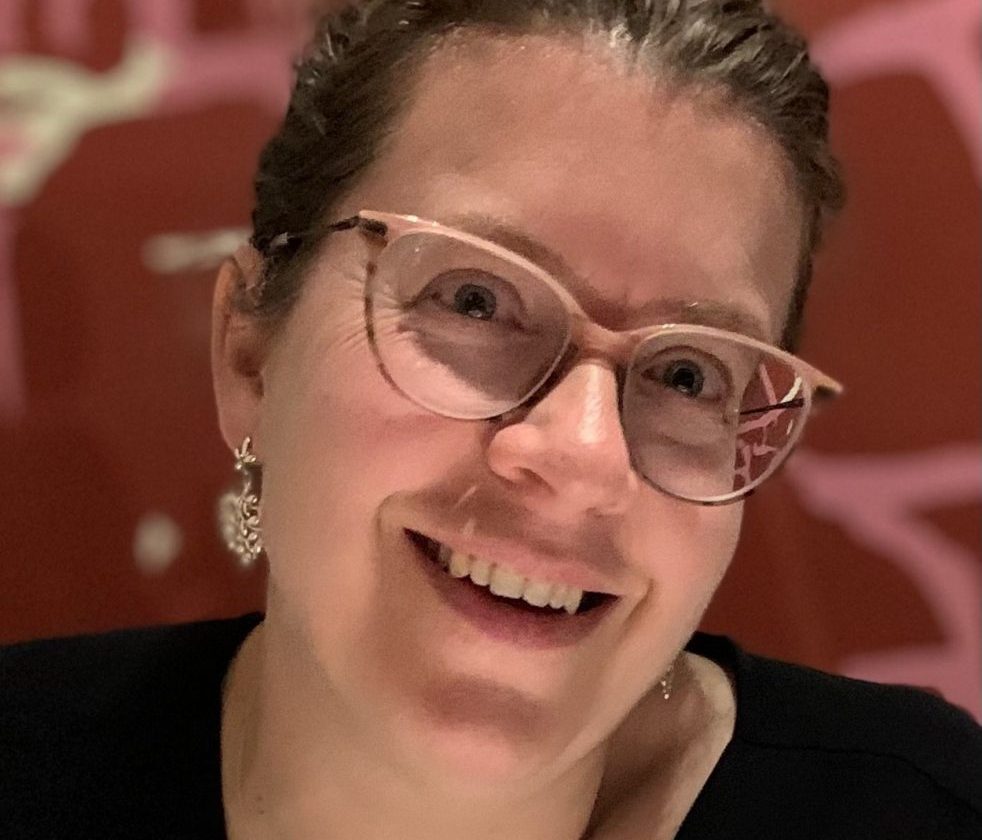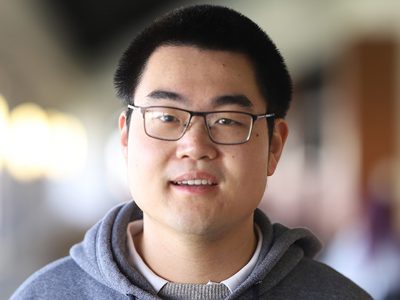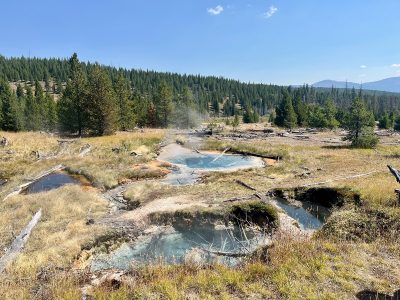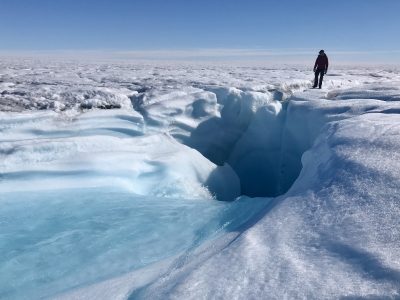Across the humanities and STEM disciplines in the College of Arts and Sciences (A&S), faculty thoughtfully develop course curricula and learning environments that incorporate their fields’ latest findings and pedagogical best practices. This careful attention ensures students benefit from a top-tier, contemporary and inclusive academic experience.
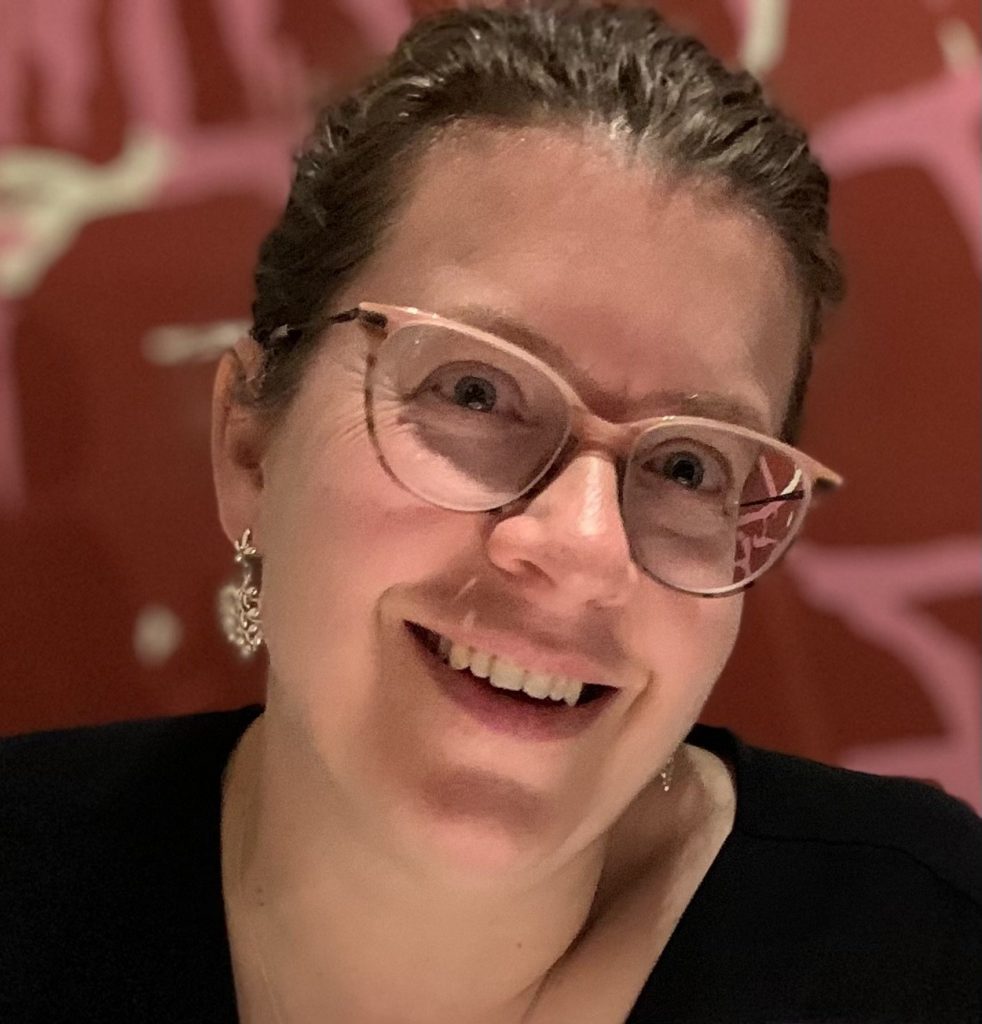
Many A&S faculty are playing a key role in setting the higher education agenda through their appointments with national foundations and institutes. Recent examples include biology professor Kari Segraves’ appointment as program director for the National Science Foundation’s Population and Community Ecology Cluster and Professor Mariaelena Huambachano’s advisory position with the United Nations (UN) High-Level Panel of Experts (HLPE) on Food Security and Nutrition. Adding to that list is Heather Coleman, associate professor of biology, who was recently named a Fellow of the Partnership for Undergraduate Life Sciences Education (PULSE). She is the first Syracuse University faculty member to serve as a PULSE Fellow.
Started in 2012 as a project of the National Science Foundation, the Howard Hughes Medical Institute and the National Institute for General Medical Sciences, PULSE aims to improve undergraduate teaching, learning outcomes for students, and access, equity and inclusion in life sciences by encouraging departments to look at ways to improve teaching and learning. The Department of Biology in A&S has already benefited through a collaboration with PULSE, as it had previously participated in the PULSE recognition program, which helps departments in their effort to incorporate more inclusive practices into their teaching.
Given the University’s emphasis on human thriving and experiential inquiry outlined in its Academic Strategic Plan, Coleman’s efforts with PULSE, aimed at fostering a more interactive, collaborative and equitable biology curriculum, resonate strongly with these pivotal objectives.
A&S Dean Behzad Mortazavi notes that Coleman’s appointment with PULSE will enhance students’ academic experience in A&S.
“Professor Coleman has long been dedicated to ensuring our undergraduates have access to an innovative biology curriculum,” says Mortazavi. “Her involvement and now fellowship with PULSE is a wonderful recognition of this dedication, and I look forward to her continued efforts on behalf of the many students in SU’s biology program.”
As a PULSE Fellow, Coleman will connect with a larger community of undergraduate life science faculty from research universities across the U.S. who are passionate about biology research and undergraduate education. She will bring that insight back to Syracuse and work with fellow professors to apply them to the current curriculum.
“I look forward to expanding my understanding of how to support biology undergraduates, allowing them to thrive here at Syracuse University and beyond, and to contributing to the mission of PULSE to encourage departments to ‘develop inclusive, student-centered, evidence-based teaching and learning in order to cultivate the development of scientists who reflect the diversity of American society,’” says Coleman. “I’m excited to join the PULSE community and learn from biologists who have been engaged in this work since the beginning.”
A professor at Syracuse since 2011, Coleman has been committed to improving undergraduate biology instruction in A&S throughout her tenure. She previously served as the department’s Director of Undergraduate Studies (2020-23), where she led the Biology Curriculum Committee through revisions to align with recommendations from the American Association for the Advancement of Science. Those changes included implementing a student-centered approach, which put greater emphasis on interactive, inquiry-driven, cooperative and collaborative activities.
Coleman, who has also served the biology department as associate chair, founded the Biology Undergraduate Peer Mentoring Program, as well as two departmental events (BioFair and Biology Research Day) aimed at increasing student access to information about biology-related clubs and resources on campus. She will continue work with the Peer Mentoring Program and will facilitate other opportunities for biology undergraduates to become more connected to the biology community in fall 2024.
In her research, Coleman studies how plant cell walls are formed and the genetic and environmental factors which influence their characteristics, using poplar trees as a model system for this work. She has received several grants and awards supporting her research, including an Early Career Award from the Department of Energy, a CUSE Good to Great Award and a Syracuse Center of Excellence Faculty Fellow Award.
Her appointment as PULSE Fellow began in January.
